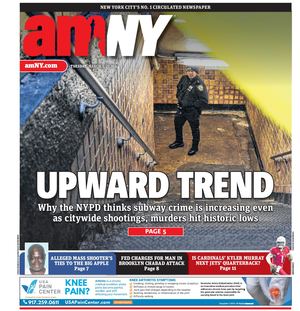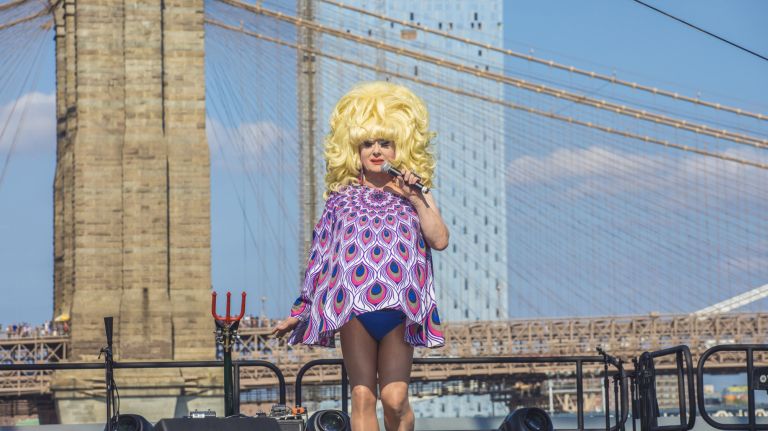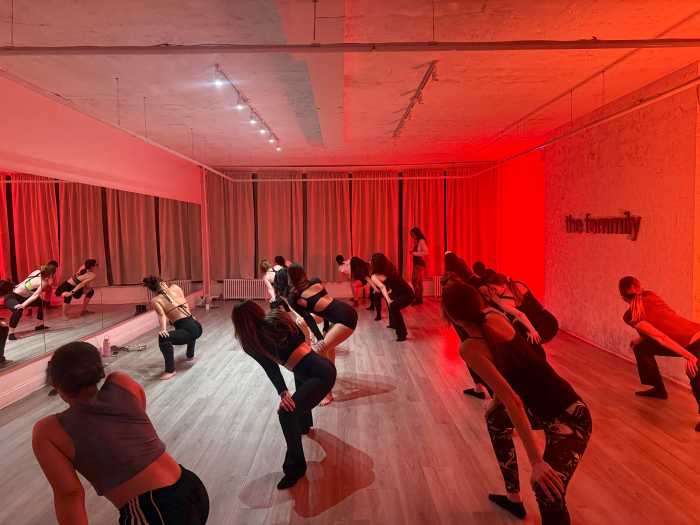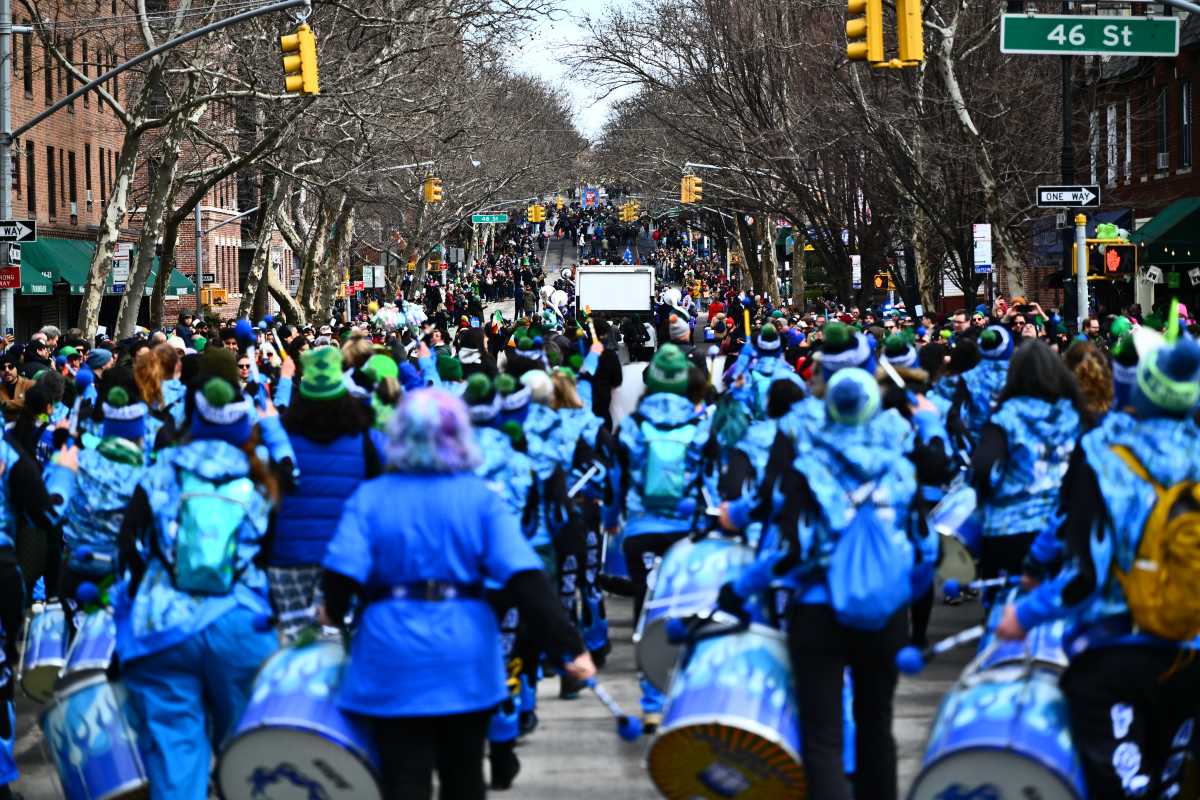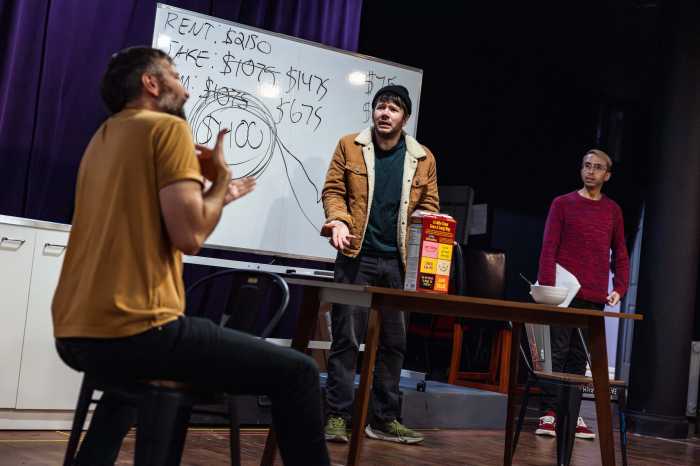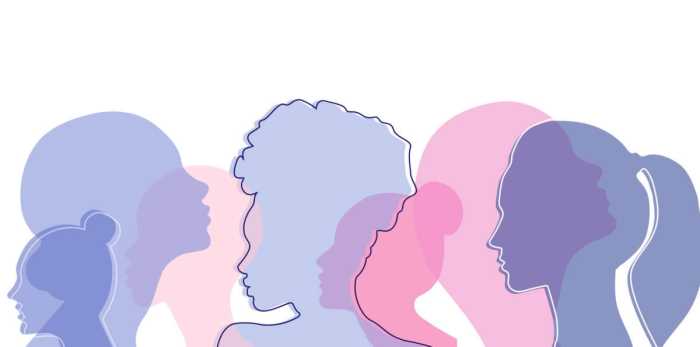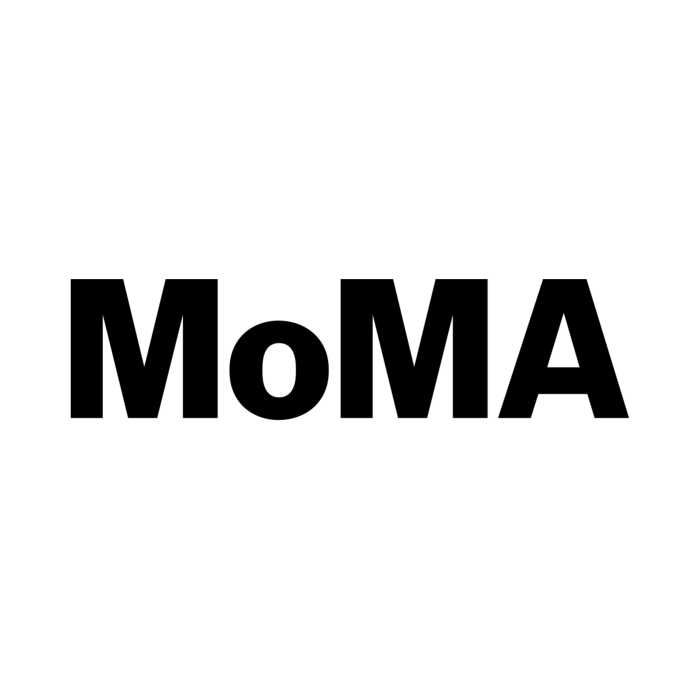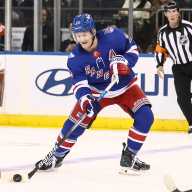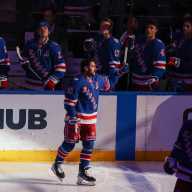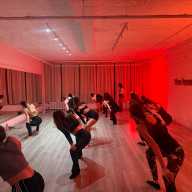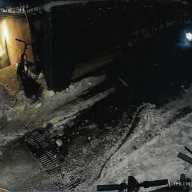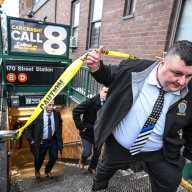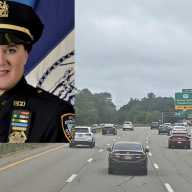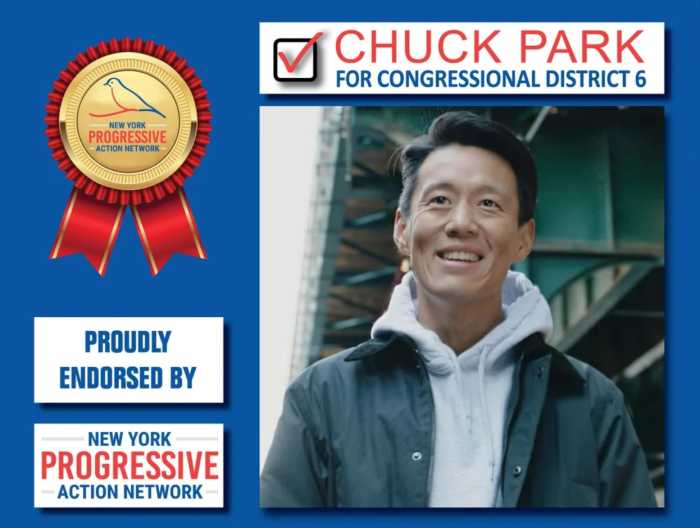
Looking back upon the drag festival Lady Bunny created in the East Village in 1984 and resurrected in 2018, the iconic queen can’t help but feel New York City drag has lost some of its edge.
"Wigstock in the East Village was not slick or polished," Bunny, 56, tells amNewYork of the festival born in Tompkins Square Park that’s detailed in the new HBO documentary, "Wig." Through an hour and a half of footage, mostly from old festivals and drag performances, Bunny’s sentiment is made abundantly clear.
The documentary opens inside the Pyramid Club on Avenue A, where a 24-year-old RuPaul sings for a packed club while Lady Bunny dances backup. "We were really ridiculous. Taking LSD. You know, it was a magic time. The Pyramid celebrities were creating their own persona. They weren’t doing Cher, Joan Rivers, whatever," Bunny says in the doc.
Filled with footage of wild ’80s wigs and bold makeup colors, the aesthetic is drastically different from what you’ll find inside most drag clubs today. "A lot of today’s drag looks incredible, but the overemphasis on appearance can cause it to lack substance and originality," Bunny explains.
In the ’80s, there were no YouTube tutorials to mimic or "RuPaul’s Drag Race" stars to emulate. Drag was still an "underground" culture, and the eccentric style of it proved it.
"We were bohemians, sometimes arty, experimental, political or zany."
Following a night out at the Pyramid Club in 1984, a group of clubgoers decided to keep the party going with an impromptu show in Tompkins Square Park. Lady Bunny and friends were inspired to do the unthinkable: host a drag show outdoors, in the middle of the day. And thus, Wigstock was born in the middle of a time of crisis, a decade marked by the AIDS crisis and backlash against the LGBTQ community.
Wigstock, mirrored after Woodstock, gained immense popularity before eventually losing steam and disappearing after the 2001 festival. In its time, it helped move drag into the mainstream and drew the attention of popular artists.
"The first year they told me rock goddess Debbie Harry would perform, I didn’t really believe it. The same with house music producer Li’l Louie Vega and his (former) wife La India, who is now a massive salsa star. I had to pinch myself seeing them arriving backstage."

Bunny says the East Village’s ’80s grittiness helped form an incubator for creation. Early festivals were filled with drag queens, punk rockers and "longtime Jewish, Puerto Rican and Polish" residents.
A gentrifying New York City may also be at the center of today’s drag style. Moving to the Village in 1983, Bunny split $500 rent with a friend and feels an affordable lifestyle helped provide her with the freedom to create and learn with the creative.
Queens today spend much of their time building and maintaining a social media presence, which may be hindering the sense of community built in the ’80s and ’90s.
"Scrolling past a queen on Instagram is not exactly bonding with them, is it?" Bunny says, adding that the ability to watch a queen perform on social media is shortchanging performers, clubs and promoters.
"We can’t whine about losing our safe spaces if we aren’t patronizing them," she adds. "And I’m going to honest. The gay community has been bickering over flags and pronouns for around 5 years. Do we even still like each other enough to get together nowadays? It doesn’t always seem like it to me."
In 2018, Bunny joined forces with actor Neil Patrick Harris and his husband, David Burtka, to revive Wigstock in an effort to boost a sense of community she feels is missing. It’ll return again this Labor Day weekend.
Claiming social media has made us anti-social, Bunny expresses concern with the younger generation’s lack of a desire to meet in person.
"When that shooting decimated the gay club Pulse in Orlando, everyone bemoaned a lack of gay safe spaces. The truth is, we’ve been abandoning our watering holes for decades."
She adds that dating apps, high rents and rising drink prices are also to blame.
"It’s not that I don’t enjoy social media, but not as a replacement for an actual party. I can’t dance with a virtual partner or drink a virtual drink!"
"Wig" is available to stream in full on HBO Go.
